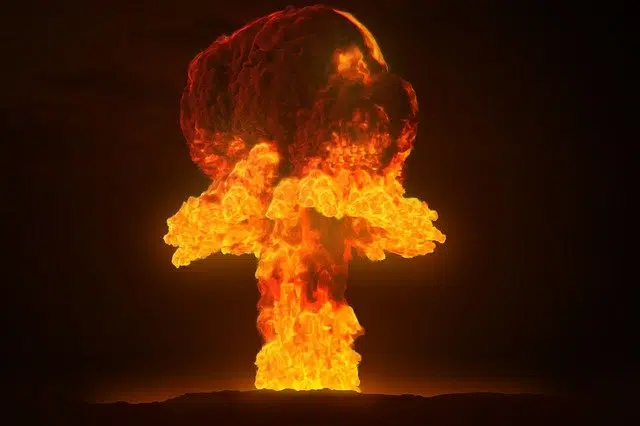
Proliferation is associated with the abundance of something.
Proliferation is the action and effect of proliferating . This verb refers to multiplying abundantly or reproducing in similar ways .
For example: “There is a proliferation of stores that sell computer products,” “The government announced various measures to stop the proliferation of the virus,” “Don't count on me to encourage the proliferation of lies.”
Different types of proliferation
Proliferation can refer to an increase in the most diverse things, including symbolic matters. If someone refers to the proliferation of mosquitoes , they are mentioning that these insects do not stop reproducing in a certain place or at a certain time, which implies an increase in their number .
Another subject may speak of the proliferation of rumors about a matter when, in various media, the same topic is discussed. Mosquitoes and rumors, therefore, proliferate, even when mosquitoes have a physical existence and rumors do not.
A fact that can be positive or negative
It should be noted that proliferation can be positive or negative, depending on the case. The proliferation of successful microenterprises is an encouraging sign since it implies economic growth for many people. On the other hand, the proliferation of criminal acts is a regrettable reality that the authorities must make an effort to modify.
For biology , cell proliferation is one of the disorders that can occur in the process of evolution after cancer . The cells grow and divide uncontrollably, spreading to other parts of the body by metastasis and invading adjacent tissues. The proliferation of cells can be observed with a microscope or with the use of cytometers, among other methods.

The Nuclear Non-Proliferation Treaty seeks to limit the possession of nuclear weapons.
Nuclear Non-Proliferation Treaty
The Nuclear Non-Proliferation Treaty, open for signature , was created to restrict the possession of nuclear weapons and has existed since July 1, 1968. Almost all sovereign states participate in this treaty, and only five have the express authorization to possess nuclear weapons: France, the United States, Russia, China and the United Kingdom. These five countries received special consideration for having been the only ones that until the previous year had detonated a nuclear test; They are called Nuclear Armed States , and they are also permanently part of the United Nations Security Council.
This treaty presents a system that is based on three basic pillars, which are disarmament, the use of nuclear energy for peaceful purposes and non-proliferation. Below are the main points of some of his most significant articles:
I : the commitment is established on the part of the Nuclear Armed States not to transfer nuclear technology or nuclear weapons to other countries, as well as not to participate in any way in their creation process;
II and III : require Non-Nuclearly Armed States not to attempt to develop nuclear weapons and to submit to the full safeguards regime of the body responsible for nuclear regulation within the United Nations, the International Atomic Energy Agency;
IV : All the aforementioned parties undertake to provide the widest possible exchange so that nuclear energy is used peacefully.
On the other hand, the five Nuclear Armed States have promised not to use nuclear weapons in a confrontation against the Non-Nuclearly Armed, unless it is a defense against a nuclear attack, or one that uses traditional weapons but in alliance with one of the other four countries with access to said technology. It is worth mentioning that this commitment is not expressly part of the Treaty and that its specific details have seen certain changes over the years.
Finally, the four States that do not participate in the Treaty are the following: Pakistan, Israel, India and North Korea; The first three have not signed it and the last one resigned in 2003.
